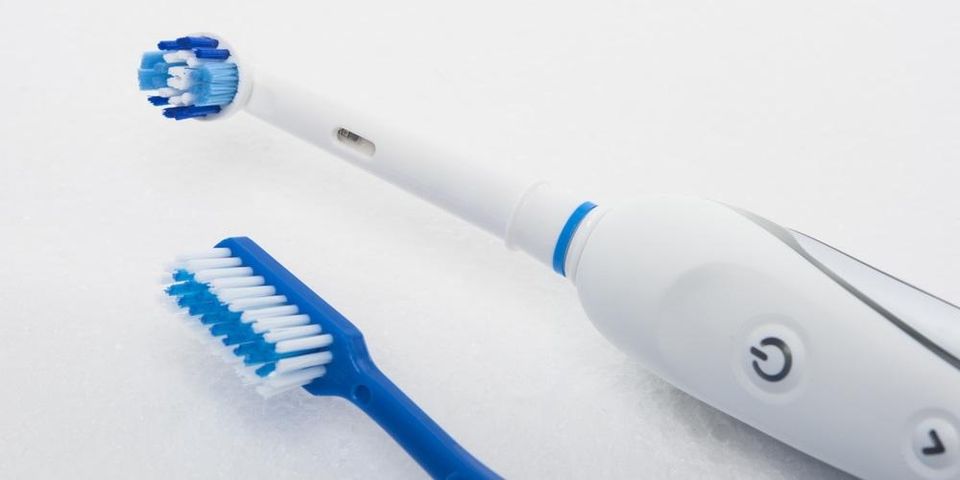Advanced Teeth Cleaning: Manual Toothbrush or Electric Toothbrush?

Regular teeth cleaning is one of the best things you can do for your mouth and your overall health. Good oral hygiene not only protects your teeth but the gums and bone supporting them and every part of your body, which could have an oral infection. But not all dental care routines are equally effective. To make sure your teeth receive the best cleaning, Diane M Evans DDS of the Rush, NY, area has enumerated the pros and cons of electric and manual toothbrushes.
Electric Toothbrush
 An electric toothbrush reduces the effort of brushing. Because many electric toothbrushes automatically produce the circular motion most often recommended for brushing teeth, all you have to do is guide it to the areas where it’s needed. This is an ideal method for anyone with physical challenges that make teeth cleaning difficult. Many electric toothbrushes also come with convenient built-in timers, reminding you to continue brushing for effective results. On the other hand, electric toothbrushes are larger than manual ones, more expensive, and require an electrical outlet to charge.
An electric toothbrush reduces the effort of brushing. Because many electric toothbrushes automatically produce the circular motion most often recommended for brushing teeth, all you have to do is guide it to the areas where it’s needed. This is an ideal method for anyone with physical challenges that make teeth cleaning difficult. Many electric toothbrushes also come with convenient built-in timers, reminding you to continue brushing for effective results. On the other hand, electric toothbrushes are larger than manual ones, more expensive, and require an electrical outlet to charge.
Manual Toothbrush
Manual toothbrushes are small, light, and portable by comparison to electric toothbrushes. They don’t need time or electricity to charge, and they are roughly as effective as electric toothbrushes at teeth cleaning and plaque removal, as long as they’re used properly. However, they can be more difficult to use for those with dexterity issues or little arm strength, and they require more thought and attention, as the appropriate motions aren’t automatic.
Ultimately, the differences in performance between manual and electric toothbrushes are small, and the choice mostly comes down to personal preference. Both types of toothbrushes are effective at removing plaque and preventing tooth decay. For help finding the oral hygiene tools right for you, call (585) 321-1460 to make an appointment with Dr. Evans, or contact her online.
About the Business
Have a question? Ask the experts!
Send your question

